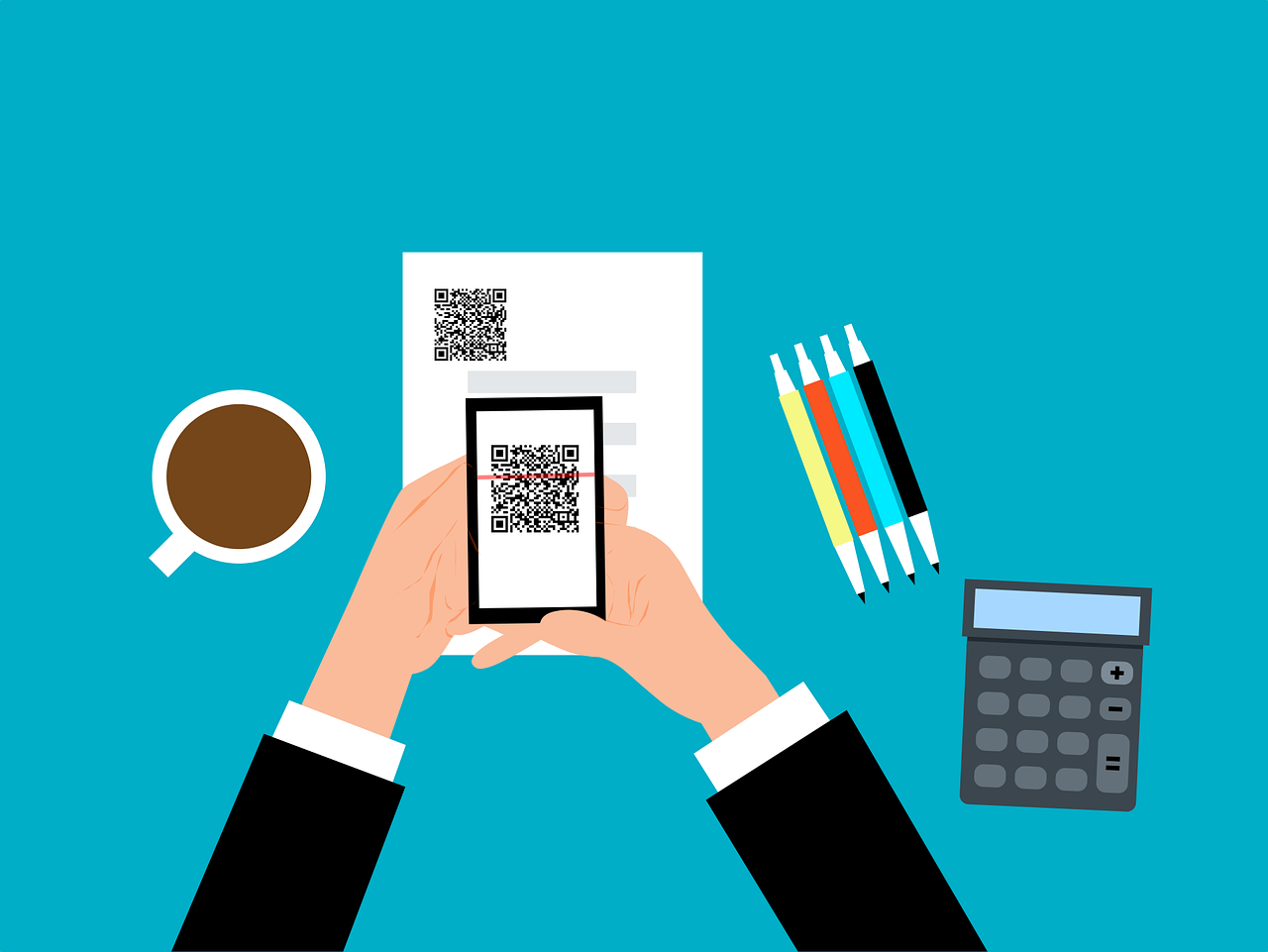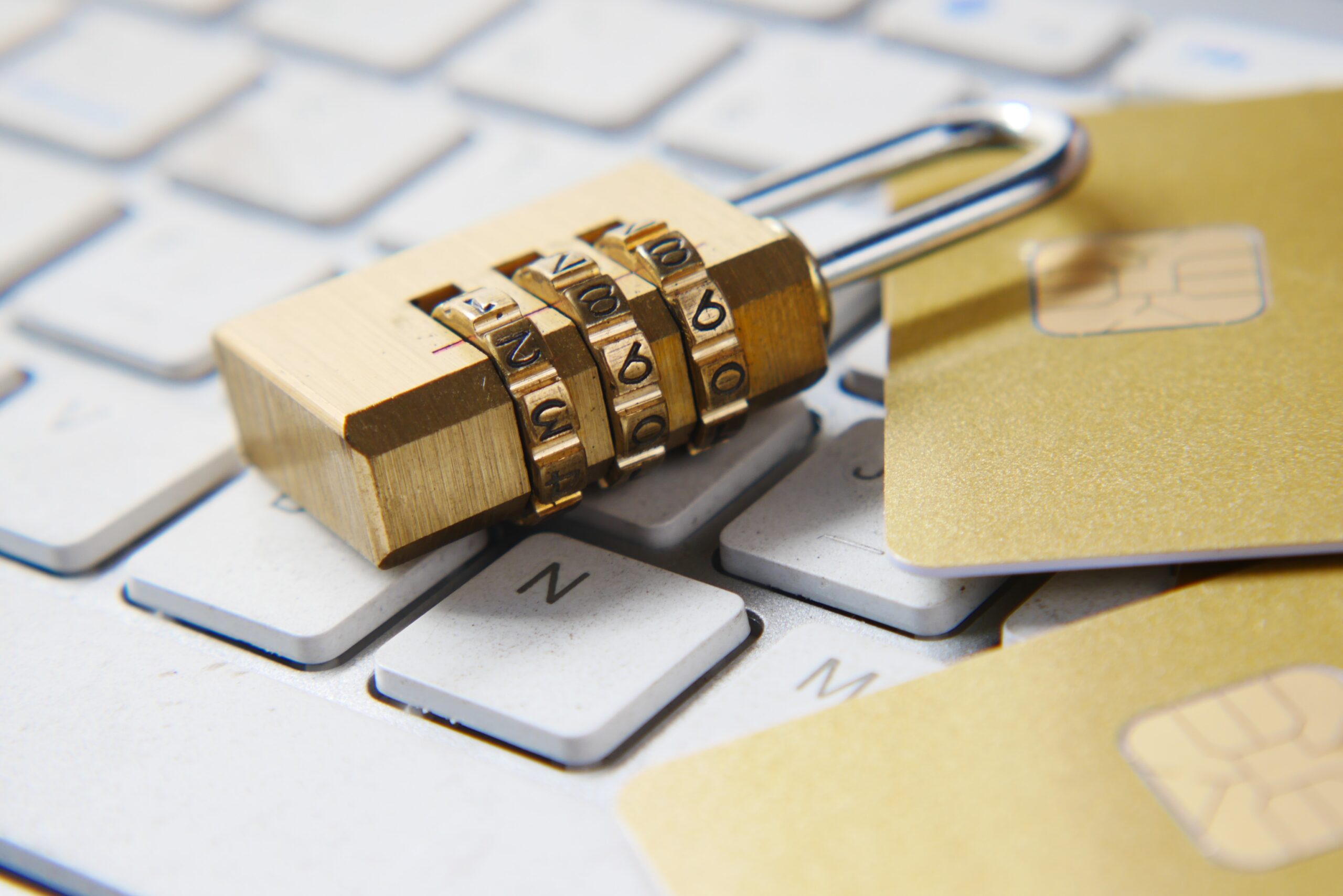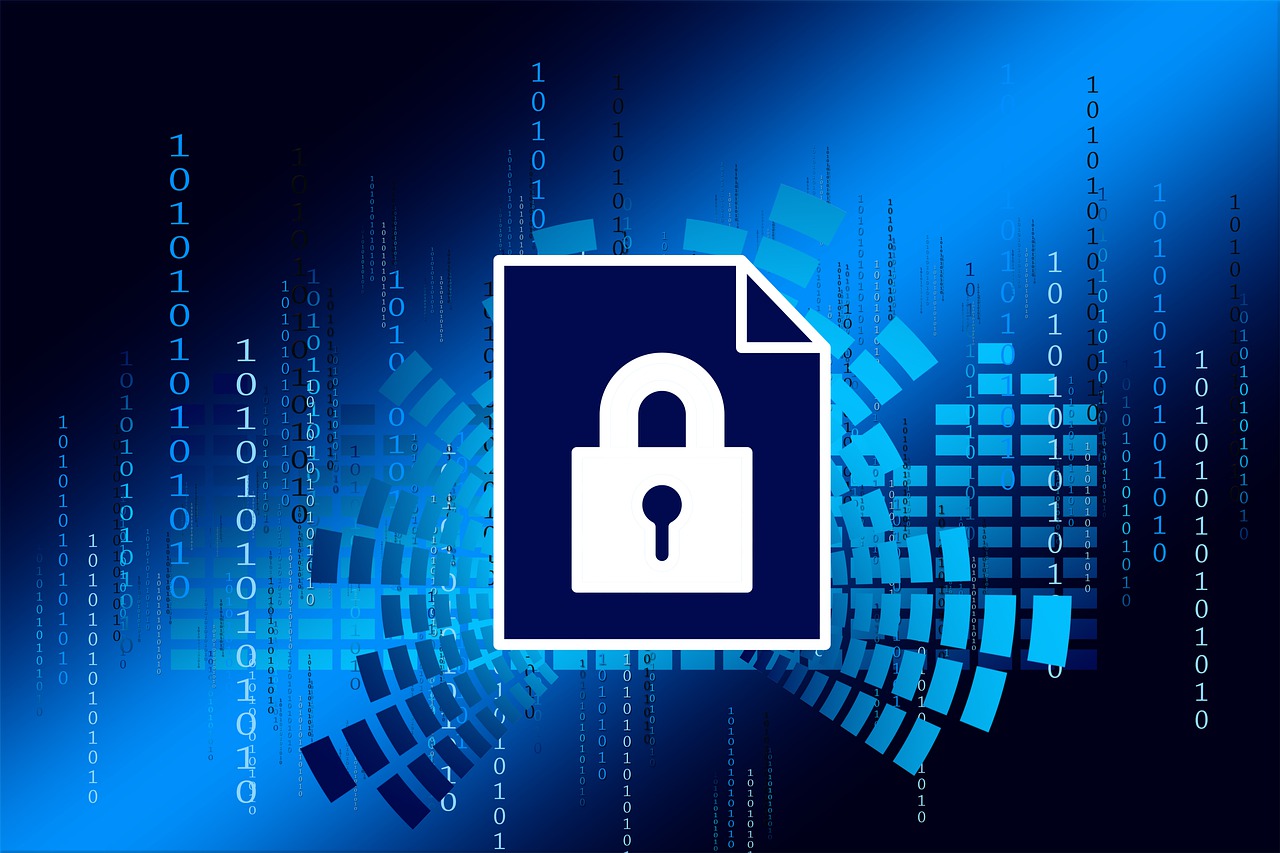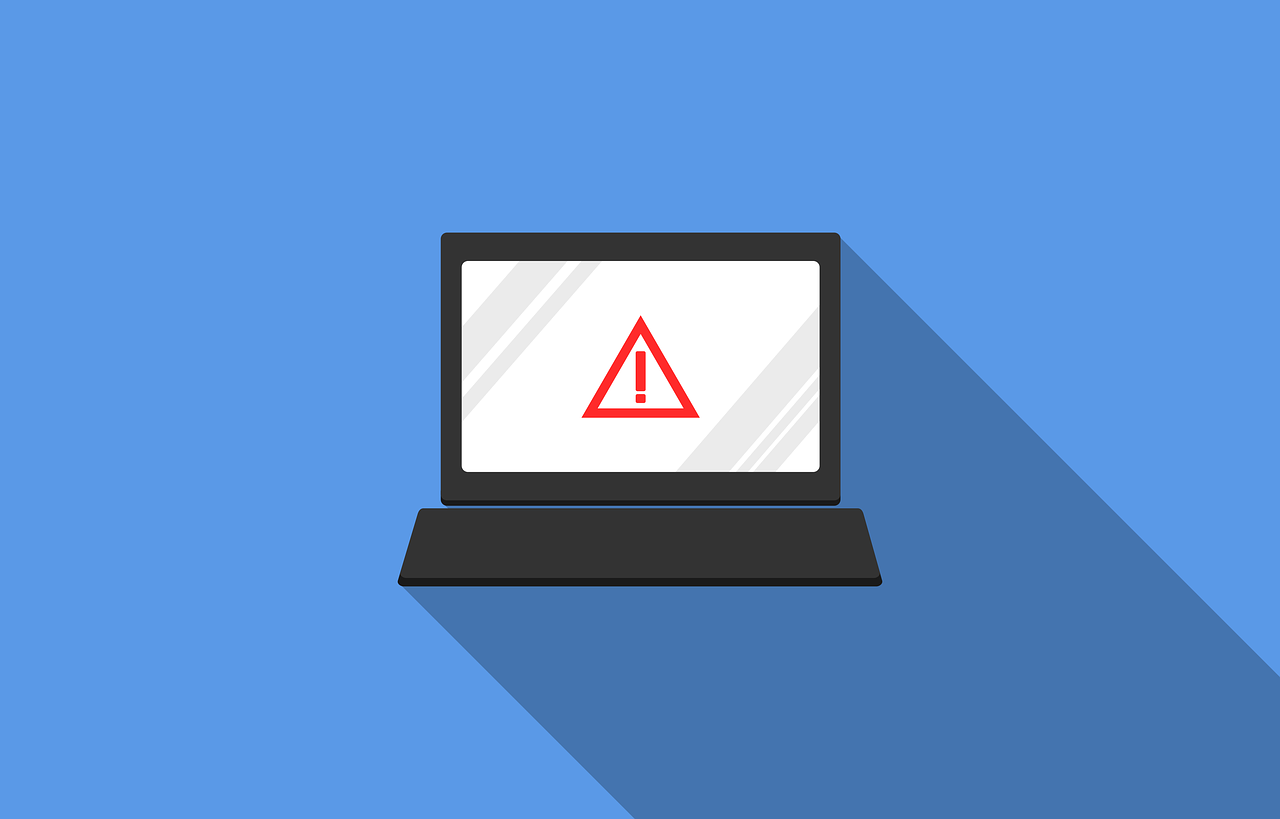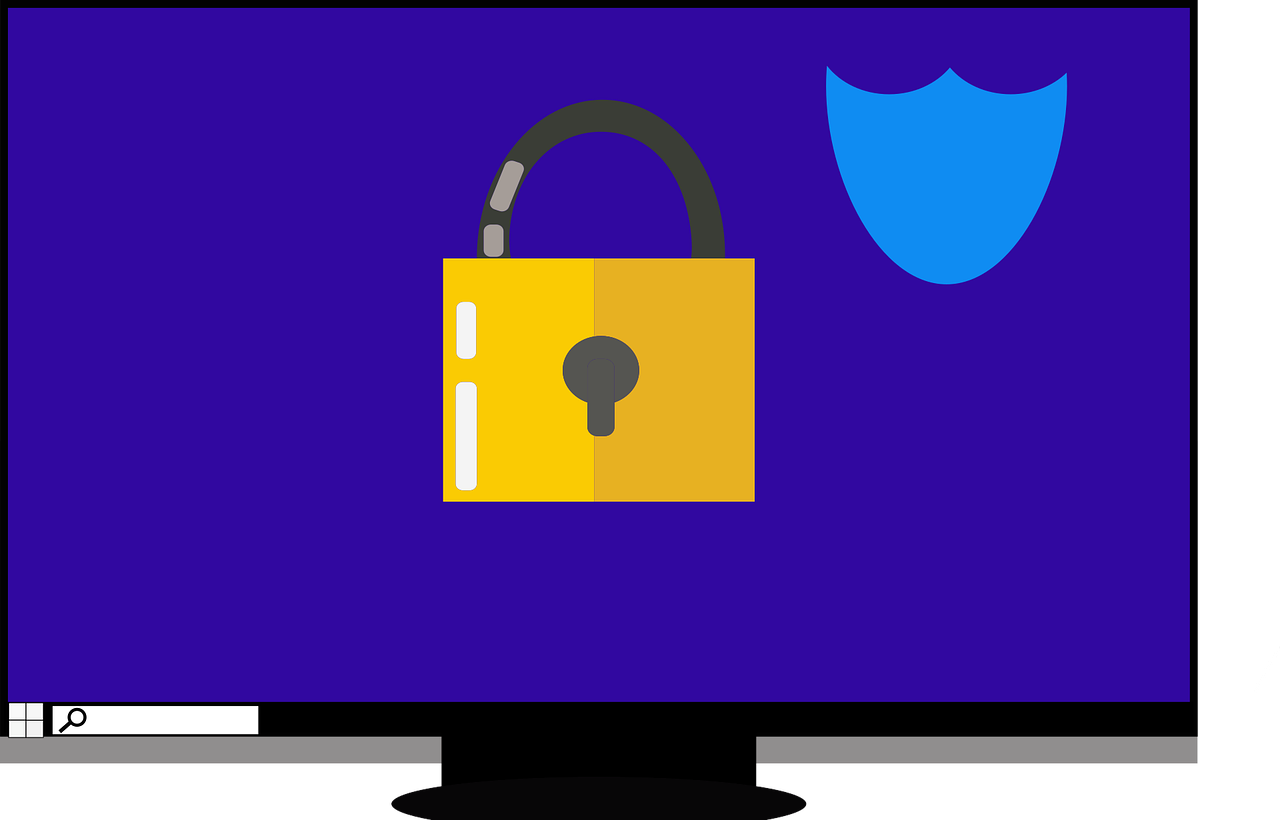
Eye-opening Insights from the 2023 Annual Cybersecurity Attitudes and Behaviours Report
We are living in an era dominated by digital connectivity. You can’t overstate the importance of cybersecurity. As technology advances, so do the threats that lurk in the online world.
Often, it’s our own actions that leave us most at risk of a cyberattack or online scam. Risky behaviours include weak passwords and lax security policies. As well as thinking “This won’t happen to me.” This is why human error is the cause of approximately 88% of data breaches.
The National Cybersecurity Alliance and CybSafe are working to correct poor cyber hygiene. Each year, the duo publishes a report on cybersecurity attitudes and behaviours. The goal is to educate both people and businesses. To educate them on how to better secure their digital landscapes.

